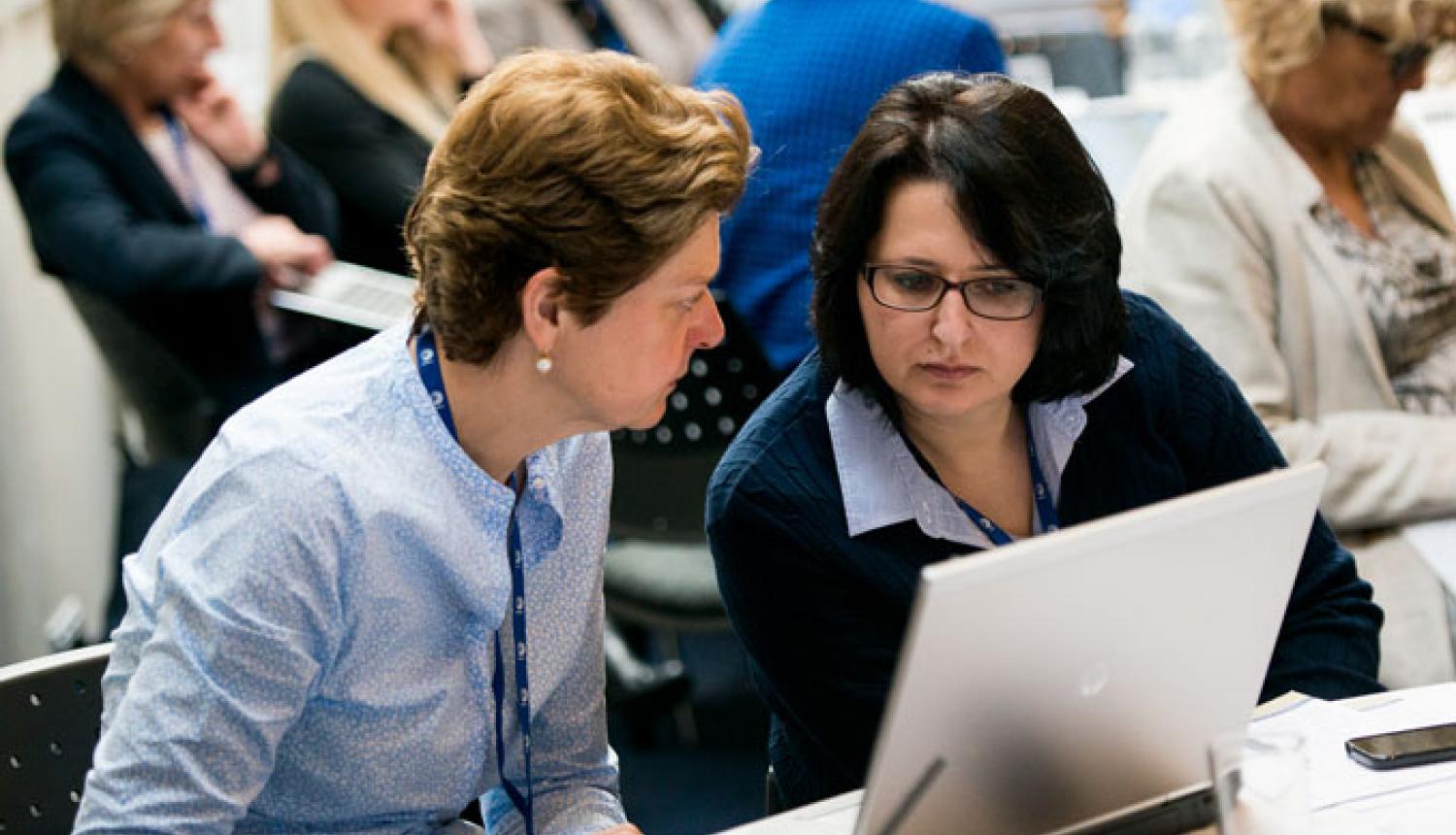On 27-2805.Riga hosted the International Conference on ICT for Information Accessibility in Learning (ICT4IAL). The conference presented guidelines developed over the past two years, with particular emphasis on the use of ICT in the learning process making the information more accessible for people with special needs. Issues covered at the conference correspond to one of the main priorities of the Latvian Presidency of the Council of the EU – Digital Europe.
The conference participants paid special attention to the information accessibility and tools to be used in the learning process for both people with and without special needs. It was recognised that it is essential to have information legible and understandable for people with hearing, visual or cognitive impairment. The participants set further areas of action for promoting information accessibility, shared national experiences and identified the most important recommendations for further development.
Given that around one billion people or 15 per cent of the world’s population are with special needs (in Europe, persons with disabilities or chronic condition represent one-eighth of the society), participants agreed that it is essential to draw attention to digital flow of information.During discussions, it was concluded that organisations represented at the conference are not yet familiar with many tools essential for ensuring information accessibility, while tools in their charge are not put to use or are used inefficiently.
The two-day conference brought together experts in the field of education from the member countries of the European Agency for Special Needs and Inclusive Education (the Agency) and NGO representatives and specialists who have developed these guidelines. The conference was held under the Latvian Presidency of the Council of the European Union and organised by the Agency with the support of the Latvian Ministry of Education and Science and the Latvian National Centre for Education.
The ICT4IAL project is a multi-disciplinary network formed by the Agency in cooperation with the European Schoolnet, the International Association of Universities, UNESCO, the DAISY Consortium and the Global Initiative of Inclusive ICTs (G3ICT). The project activities began in 2013 and will be concluded in December 2015, and the guidelines were developed together with the partners and nominated experts from the Agency and partners’ member countries.
The guidelines of the project are created as an easy-to-use tool for practitioners and organisations that provide information for learning process. They contain a set of steps to create accessible materials in text, video and audio formats. More information on the project and guidelines developed for providing information accessibility is available on the following website: http://www.ict4ial.eu/
The Agency is an independent organisation that acts as a collaboration platform for 29 member countries: Austria, Belgium, Croatia, Cyprus, the Czech Republic, Denmark, Estonia, Finland, France, Germany, Greece, Hungary, Iceland, Ireland, Italy, Latvia, Lithuania, Luxembourg, Malta, the Netherlands, Norway, Poland, Portugal, Slovakia, Slovenia, Spain, Sweden, Switzerland, the United Kingdom.



